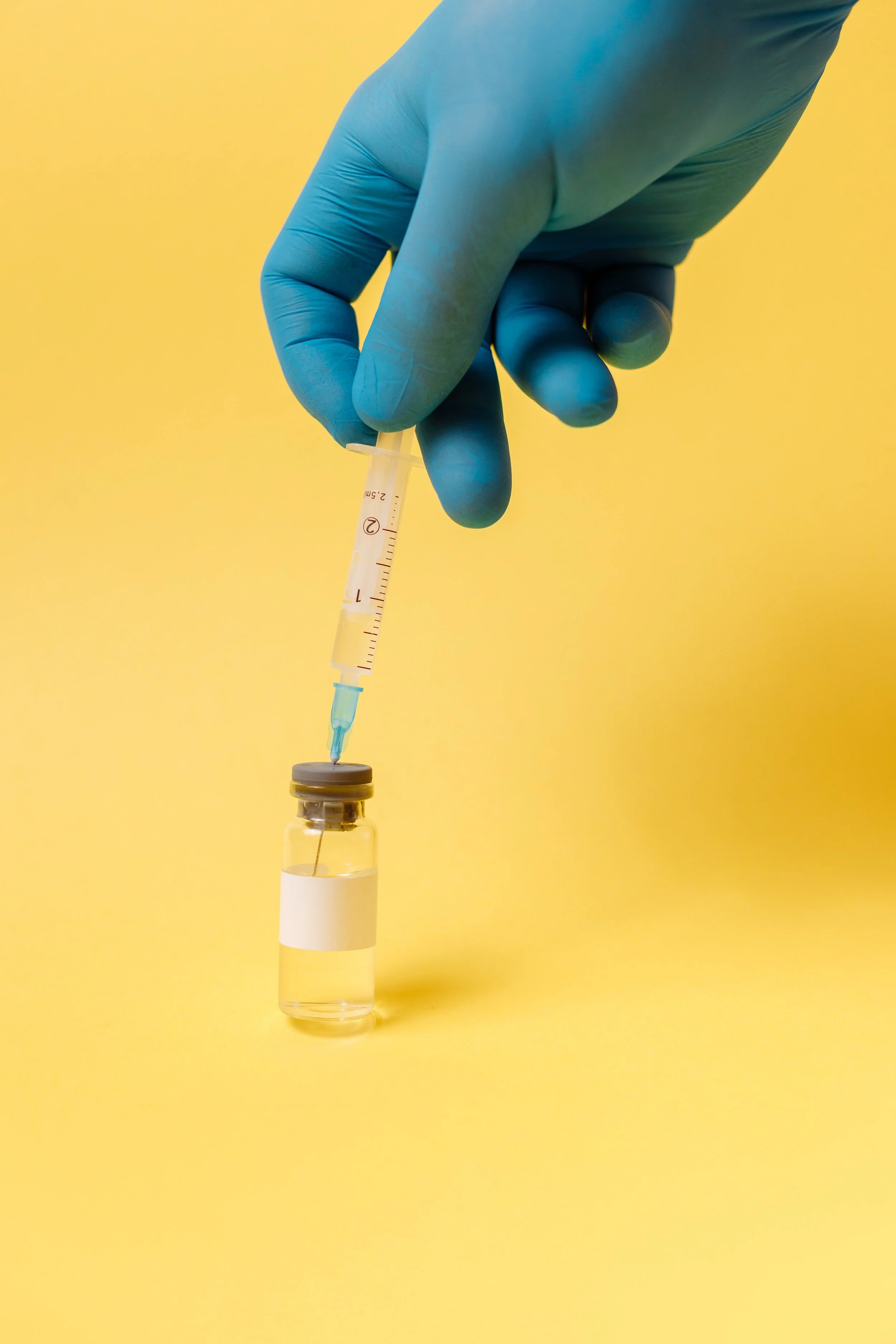Spine Care Resources + Articles
-

Physical Therapies.
Physical Therapy is a significant contributor to both non-operative and operative spine care. It can be used effectively to maintain a healthy spine, to treat existing spine conditions non-operatively, to prepare for spine surgery, and for post-surgery recovery.
-

Spine Injections.
Spine injections can help with temporary relief of symptoms and confirming or excluding sites of spine pain. Spine injections are a useful tool in non-operative care and in the accurate diagnosis of spine conditions.
-

Weight Loss.
Being overweight is linked to many known medical problems. When it comes to your spine, being overweight accelerates degeneration and worsens symptoms of back and neck pain. Weight loss may be an important part of your non-operative or pre-operative care plan.
-

Smoking.
Smoking speeds up spine degeneration, causing symptoms of back and leg pain, and/or neck and arm pain to worsen. Smoking also increases the risks associated with spine surgery.
-

Bone Health
OSTEO-WHAT?! Bone can become “soft” due to problems with the bone mass or density, as well as problems with the quality of the mineral building blocks (calcium and phosphate). Conditions like Osteopenia, Osteoporosis and Osteomalacia can increase risk of fracture and risks of surgery. The good news is that bone health may be improved through diet, exercise and medications.
